Smith v. MTGLQ Investors, 19-20665
(5th Cir., July 1, 2021)
In this very curt opinion, it seemed all very subdued for the boisterous appellate court. LIT was suspicious and investigated, rightly so.
The sequential system of handing off foreclosures to hand-picked Judges’ is standard practice in S.D. Tex. despite the “Blind Draw” system that is supposed to take place. In Smith’s case there was an earlier byzantine case in Judge Lynn Hughes chambers where he denied Smith’s request to file IFP, followed by an order with a strike-through of the “dismissed with prejudice” part.
That was on May 28, 2019 but Smith has already refiled on May 24, 2019.
Next, we locate the docket for the latest lower court case and, of course, it’s before the duo of Senior Judge Hittner and sidekick Magistrate Judge Bray. They always get the foreclosure cases after there’s been issues in Hughes chambers, despite his infamous disclaimer “if you file again in this court, it will be returned to me”.
That said, the case proceeds and Bray denies all discovery requests from Smith followed by a toute-suite dismissal by Hittner on August 23, 2019.
Wayne Smith files a “verified complaint” against Hittner on Sept 5, 2019. Alas, there’s no docket answer we can find related to this, so we assume it went to Chief Judge Priscilla Owen at the Fifth Circuit for it’s now cursory dismissal as “merits related” (in error).
Wayne also heads off to the 5th Circuit with his appeal. Briefing would be complete by 18th March, 2020 but this court would not issue it’s order until the 1st of July, 2021.
On review of the docket, Clerk Jan Wynne allowed the banks lawyer an extension of time to file out of time their Brief, but when the pro se asks the court for an extension of time in a later motion, of course it is denied.
The 5th circuit 3-panel would comprise of Judge Patrick ‘no free homes’ Higginbotham, Judge Edith Jones who wrote a glowing reference about Judge David Hittner and Judge Gregg Costa, who doesn’t apologize when they get foreclosure and constitutional laws wrong on an ‘erie guiess’.
The panel would affirm without any comment, e.g. no “free living” or “frivolous filing” or “warnings to non-prisoners” (that’s directed at civil law abiding citizens for those who may be unaware) this time out.
JUL 1, 2021 | REPUBLISHED BY LIT: JUL 2, 2021
Before Higginbotham, Jones, and Costa, Circuit Judges. Per Curiam:*
Wayne Smith appeals the district court’s dismissal of his case under Federal Rule of Civil Procedure 12(b)(6) for failure to state a claim upon which relief can be granted. Smith asserted claims of violation of the Fair Debt Collection Practices Act, negligence, fraudulent concealment, fraudulent inducement, slander of title, and rescission under the Truth in Lending Act. The relief he sought included a declaratory judgment, injunctive relief, and monetary damages.
We review “a district court’s dismissal under Federal Rule of Civil Procedure 12(b)(6) de novo, accepting all well-pleaded facts as true and viewing those facts in the light most favorable to the plaintiff.”
Harris Cty. Texas v. MERSCORP Inc., 791 F.3d 545, 551 (5th Cir. 2015) (internal quotation marks and citation omitted).
Smith argues that the district court erred by dismissing the case without first requiring the defendant, MTGLQ Investors, L.P. (MTGLQ), to provide documents proving that it had the authority to foreclose on his property.
The Deed of Trust and assignment records relating to Smith’s property were public records, and the district court was permitted to take judicial notice of those unrebutted records in granting MTGLQ’s motion to dismiss.
See Norris v. Hearst Tr., 500 F.3d 454, 461 n.9 (5th Cir. 2007). Smith’s argument fails to show that his allegations stated a claim upon which relief could be granted. See MERSCORP, 791 F.3d at 551; Fed. R. Civ.P. 12(b)(6).
Smith does not brief any other argument challenging the district court’s reasons for dismissing his claims, and he has thus waived any such arguments.
See Yohey v. Collins, 985 F.2d 222, 224-25 (5th Cir. 1993) (recognizing that even pro se litigants must brief arguments in order to maintain them).
Accordingly, the district court’s judgment is AFFIRMED.
Smith’s motion seeking an order to prevent the collection of payment from him is DENIED.
U.S. District Court
SOUTHERN DISTRICT OF TEXAS (Houston)
CIVIL DOCKET FOR CASE #: 4:19-mc-01501
| Smith v. MTGLQ Investors, LP Assigned to: Judge Lynn N Hughes |
Date Filed: 05/20/2019 Date Terminated: 05/28/2019 |
| Plaintiff | ||
| Wayne Smith | represented by | Wayne Smith 5723 Painted Trail Drive Houston, TX 77084 713-882-3081 PRO SE |
| V. | ||
| Defendant | ||
| MTGLQ Investors, LP | ||
There are proceedings for case 4:19-mc-01501 but none satisfy the selection criteria. (Doc. 4 Judgment is last on record)
| General Docket United States Court of Appeals for the Fifth Circuit |
|
||||||||||||||||||
|
||||||||||||||||||
|
||||||||||||||||||
|
||||||||||||||||||
| Panel Assignment: Not available | ||||||||||||||||||
|
||||||||
| Wayne Smith,
Plaintiff – Appellant v. MTGLQ Investors, L.P., Defendant – Appellee |
UNITED STATES DISTRICT COURT SOUTHERN DISTRICT OF TEXAS HOUSTON DIVISION
Verified Complaint
Case Number 19-CV-1888
Plaintiff
Wayne Smith, Prose
v.
Defendant
David Hittner, individually, and in his official capacity as United States District Court Judge, Southern District Of Texas, Houston Division
SEP 5, 2019 | REPUBLISHED BY LIT: JUL 2, 2021
The Plaintiff, Wayne Smith, without the benefit of counsel, enters a Motion to Dismiss the Order of August 23th, 2019 and reinstate case number 19 CV-1888.
Case Law has proven that judicial immunity is not absolute. The following statements ***- and case law will highlight limits to judicial immunity:
I.Judicial immunity is lost when a Judge lacks jurisdiction.
When a judge knows that he lacks jurisdiction, or acts in the face of clearly valid statutes expressly depriving him of jurisdiction, judicial immunity is lost.
Rankin v. Howard, (1980) 633 F.2d 844, cert den. Zeller v. Rankin, 101 S.Ct. 2020, 451 U.S. 939, 68 L.Ed 2d 326.
Some Defendants urge that any act “of a judicial nature” entitles the Judge to absolute judicial immunity. But in a jurisdictional vacuum, (that is, absence of all jurisdiction, the second prong necessary to absolute judicial immunity is missing.
Stump v. Sparkman, id., 435 U.S. 349.
Where there is no jurisdiction, there can be no discretion, for discretion is incident to jurisdiction.”
Piper v. Pearson, 2 Gray 120, cited in Bradley v. Fisher, 13 Wall. 335, 20 L.Ed. 646 (1872).
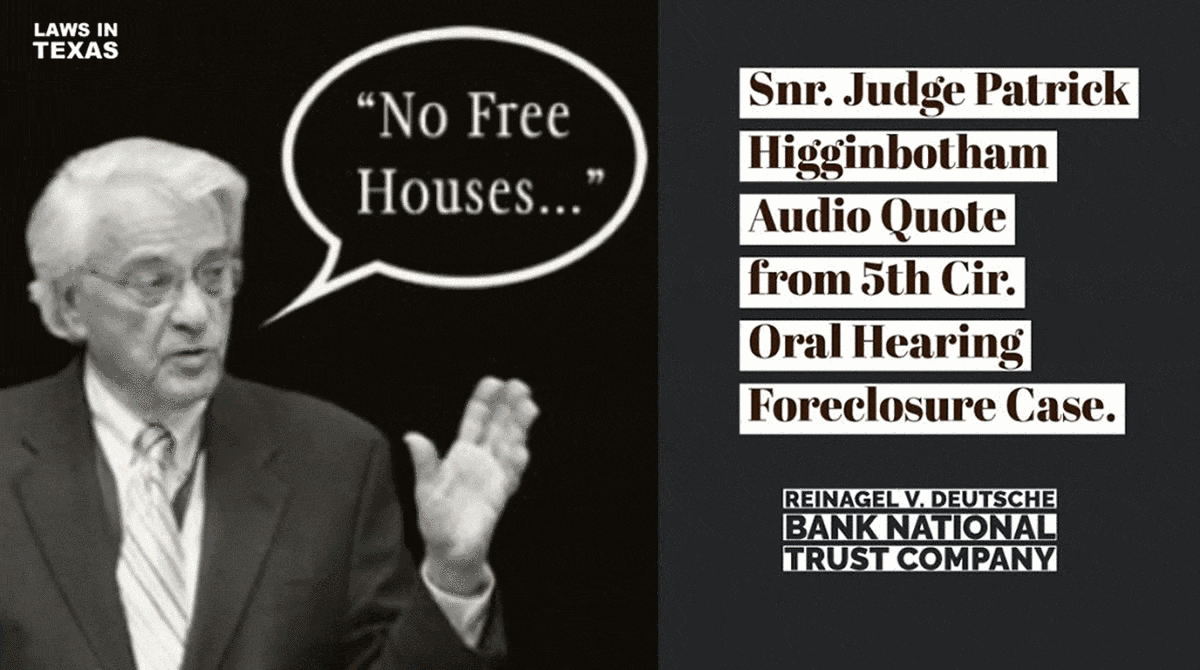
A judge must be acting within his jurisdiction as to subject matter and person, to be entitled to immunity from civil action for his acts. Davis v. Burris, 51 Ariz. 220, 75 P.2d 689 (1938).
“No judicial process, whatever form it may assume, can have any lawful authority outside of the limits of the jurisdiction of the court or judge by whom it is issued; and an attempt to enforce it betond these boundaries is nothing less than lawless violence.” Ableman v. Booth, 21 Howard 506 (1859).
No man in this country is so high that he is above the law. No officer of the law may set that law at defiance with impunity. All the officers of the government from the highest to the lowest, are creatures of the law, and are bound to obey it.
United States v. Lee, 106 U.S. 196,220, 1 S.Ct. 240, 27 L.Ed. 171 (1882). -Buckles v. King County 191 F.3d 1127, *1133 (C.A.9 (Wash.),1999)
Purpose of statute that mandated that any person who under color of law subjected another to deprivation of his constitutional rights would be liable to the injured party in an action at law was not to abolish immunities available at common law, but to insure that federal courts would have jurisdiction of constitutional claims against state officials.
Act March 3, 1875, 18 Stat. 470. Butz v. Economou 438 U.S. 478, 98 S.Ct. 2894 (U.S.N.Y.,1978)
Case law HAS held that judges are accountable.
See Com. v. Ellis, 429 Mass. 362,371 (1999), where the Supreme Judicial Court of Massachusetts recognized that
“Article 5 … provides that officers of government ‘are at all times accountable to [the people]”
“The relevant cases demonstrate that the factors determining whether an act by a judge is a “judicial” one relate to the nature of the act itself, i.e., whether it is a function normally performed by a judge, and the expectations of the parties, i.e., whether they dealt with the judge in his judicial capacity.”
435 U.S. 349,362 (emphasis added).
The Eleventh Amendment was not intended to afford them freedom from liability in any case where, under color of their office, they have injured one of the State’s citizens. To grant them such immunity would be to create a privileged class free from liability from wrongs inflicted or injuries threatened. Public agents must be liable to the law, unless they are to be put above the law.
See OLD COLONY TRUST COMPANYv. CITY SEATTLE ET AL. (06/01/26) 271 U.S. 426, 46
S.Ct. 552, 70 L. Ed at page 431.
No officer of the law may set that law at defiance with impunity.
See United States v. Lee, 106 U.S. 196,220 and Burton v. united States, 202U.S. 344.
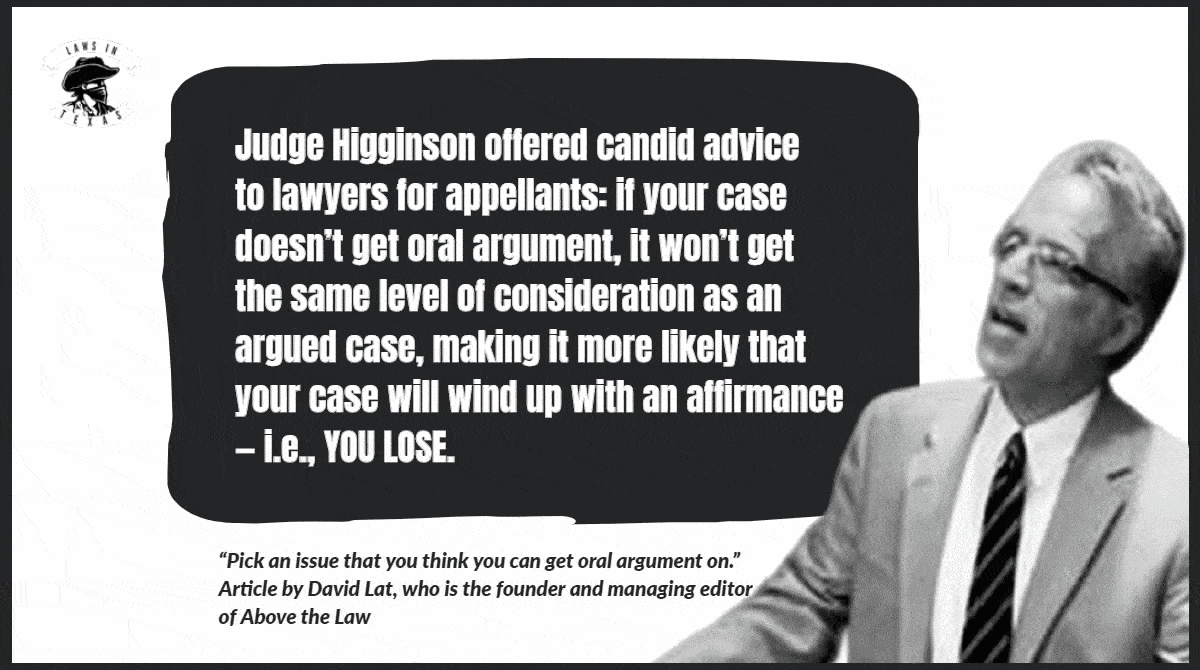
The Court in Yates v. Village of Hoffman Estates, Illinois, 209 F. Supp. 757 (N.D. Ill. 1962) held that
“not every action by a judge is in the exercise of his judicial function.It is not a judicial function for a judge to commit an intentional tort even though the tort occurs in the courthouse. When a judge acts as a trespasser of the law, when a judge does not follow the law, the judge loses subject-matter jurisdiction and the judges’ orders are void, of no legal force or effect.”
Simmons v. United States, 390 U.S. 377 (1968)
“The claim and exercise of a Constitution right cannot be converted into a crime” “a denial of them would be a denial of due process of
law”.
Butz v. Economou, 98 S. Ct. 2894 -(1978 United States v. Lee, l 06
U.S. at 220, IS. Ct. at 261 (1882).
“No man
*Cannon v. Commission on Judicial Qualifications, (1975) 14 Cal. 3d 678, 694.
Acts in excess of judicial authority constitutes misconduct, particularly where a judge deliberately disregards the requirements of fairness and due process.
*Gonzalez v Commission on-Judicial Performance,{1983}3-3-C-at— – – – – – · 3d 359,371,374.
Acts in excess of judicial authority constitutes misconduct, particularly where a judge deliberately disregards the requirements of fairness and due process.
Owen v. City of Independence.
“The innocent individual who is harmed by an abuse of governmental authority is assured that he will be compensated for his injury.”
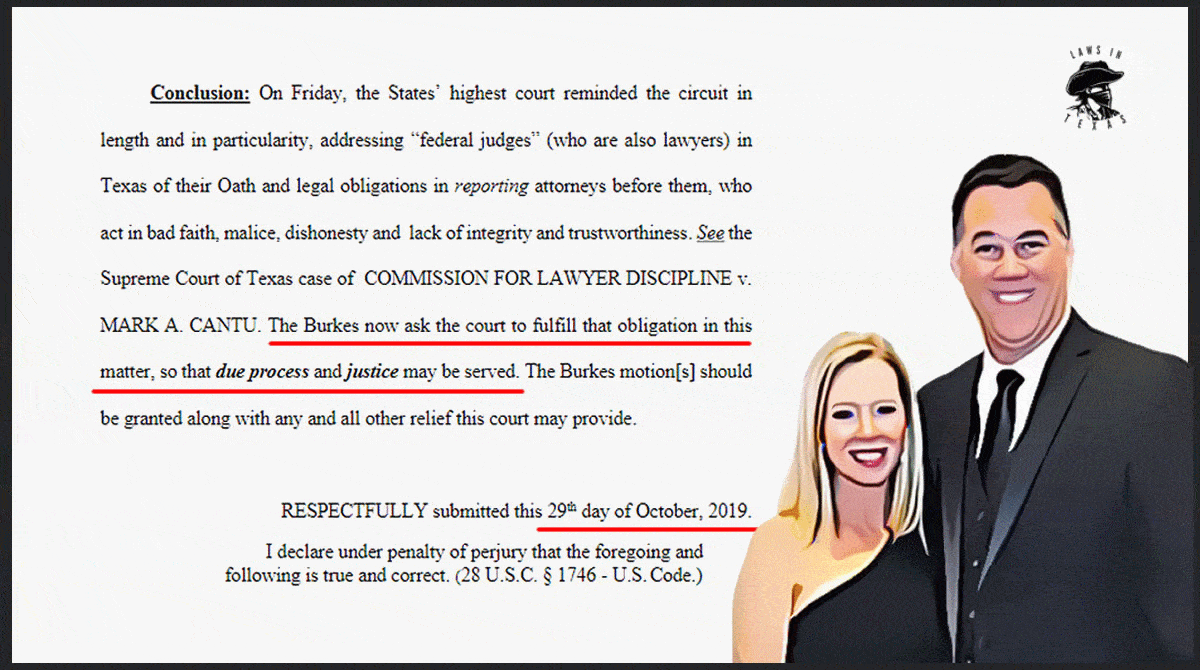
Scheuer v. Rhodes,-416.U.S. 23Z 94 S. Ct. 1683, 1687 (1974).
Note: By law, a judge is a state officer. The judge then acts not as a judge, but as a private individual (in his person). When a judge acts as a trespasser of the law, when a judge does not follow the law, the Judge loses subject-matter jurisdiction and the judges’ orders are not voidable, but VOID, and ofno legal force or effect.
The U.S. Supreme Court stated that “when a state officer acts under a state law in a manner violative of the Federal Constitution, he comes into conflict with the superior authority of that Constitution, and he is in that case stripped of his official or representative character and is subjected in his person to the consequences of his individual conduct.
The State has no power to impart to him any immunity from responsibility to the supreme authority of the United States.
U.S. Fidelity & Guaranty Co. (State use of), 217 Miss. 576, 64 So. 2d 697.
When a judicial officer acts entirely without jurisdiction or without compliance with jurisdiction requisites he may be held civilly liable for abuse of process even though his act involved a decision made in good faith, that he had jurisdiction.
Elliot v. Piersol, 1 Pet. 328,340, 26 U.S. 328,340 (1828).
Under federal Law, which is applicable to all states, the U.S. Supreme Court stated that “if a court is without authority, its judgments and orders are regarded as nullities. They are not voidable, but simply void, and form no bar to a recovery sought, even prior to a reversal in opposition to them. They constitute no justification and all persons concerned in executing such judgments or sentences are considered, in law, as trespassers.
2.Federal tort law states that Judges cannot invoke judicial immunity for acts that violate litigant’s civil rights.
The following case law and case notes support this:
CASE NOTE: “Federal tort law: judges cannot invoke judicial immunity for acts that violate litigants-civil-rights; Robert Craig- – Waters. Tort & Insurance Law Journal, Spr. 1986 21 n3, p509-516”
“… the particular phraseology of the constitution of the United States confirms and strengthens the principle, supposed to be essential to all written constitutions, that a law repugnant to the constitution is void, and that courts, as well as other departments, are bound by that instrument.”
Marbury v. Madison, 1 Cranch 137 (1803).
See also Thomas v Collins, supra, 323 US 516,531. Hence, the act of filing suit against a governmental entity represents an exercise of the right of petition and thus. invokes. constitutional protection.”
City of Long Beach v Bozek, 31 Cal.3d 527, at 533-534 (1982).
“The very essence of civil liberty certainly consists in the right of every individual to claim the protection of the laws when he receives an injury.”
1 Cranch 137 at 163 (1803).
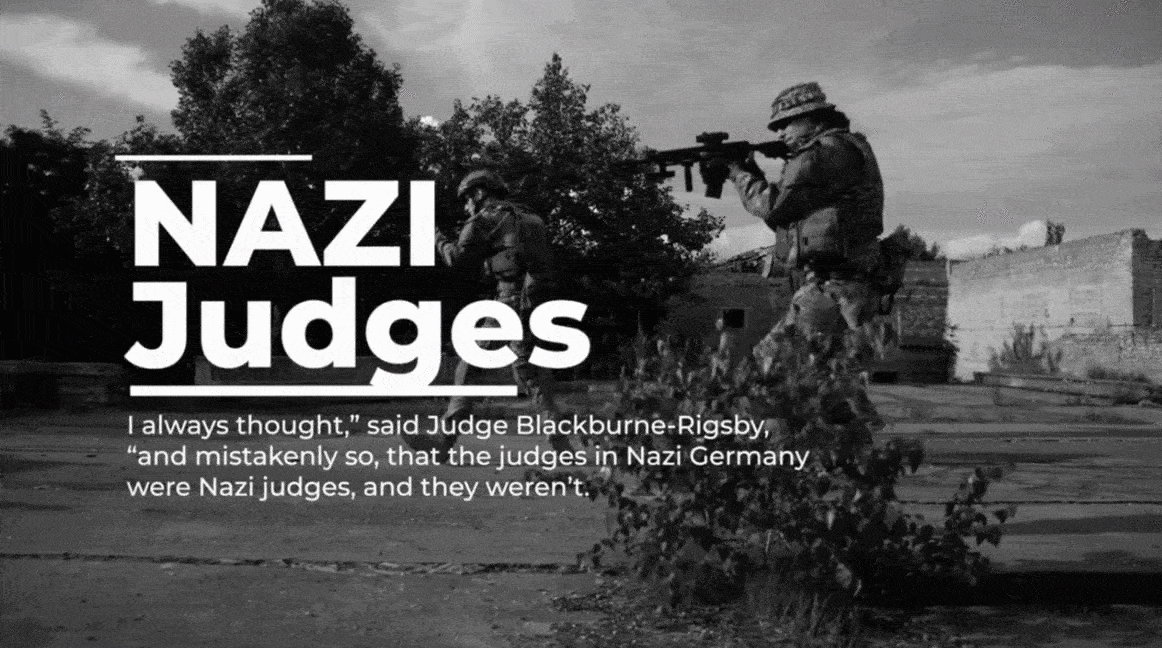
“As the U.S. Supreme Court has held, the right to petition for redress of grievances is ‘among the most precious of the liberties safeguarded in the bill of rights’. (Cites) Inseparable from the guaranteed rights
entrenched in the First Amendment, the right to petition for redress of grievances occupies a ‘preferred place’ in our system of representative government and enjoys a ‘sanctity and a sanction not permitting dubious intrusions.’
Thomas v Collins, 323 US 516; 65 S.Ct 315,322.
Indeed, ‘It was not by accident or coincidence that the rights to freedom in speech and press were coupled in a single guarantee with , the rights of the people peaceably to assemble and to petition for redress of grievances.’ Id. at 323.”
It seems to reason that if the filing is protected, then surely the object of the protected right — of obtaining a due process guaranteed fair hearing of the grievance and redress thereon — is the very essence of the Petition Clause.
In fact, the characteristic which distinguishes petitioning through
courts from other forms of petition is the access to compulsory process of law, wherein the parties are equal before the law. Without ultimate recourse to that compulsory process, there is no reason for government to listen to grievances at all, let alone to redress them fairly.
“The purpose of the statute was to deter public officials from using the badge of their authority to violate persons’ constitutional rights and to provide compensation and other relief to victims of constitutional deprivations when that deterrence failed.”
Carey v Piphus, 435 US 247,253 (1978).
“On summary judgment, the judge appropriately may determine, not only the currently applicable law, but whether that law was clearly established at the time an action occurred. If the law at that time was not clearly established, an official could not reasonably be expected to anticipate subsequent legal developments, nor could he fairly be said to “know” that the law forbade conduct not previously identified as unlawful. If the law was clearly established, the immunity defense ordinarily should fail.”
Harlow et al v Fitzgerald, 457 U.S. 800, 818 (1981).
Definition of Due Process of Law
“The essential elements of due process of law are notice, an opportunity to be heard, and the right to defend in an orderly proceeding.”
Fiehe v. R.E. Householder Co., 125 So. 2, 7 (Fla. 1929).
“To dispense with notice before taking property is likened to obtaining judgement without the defendant having ever been summoned.”
Mayor of Baltimore vs. Scharf, 54 Md. 499,519 (1880).
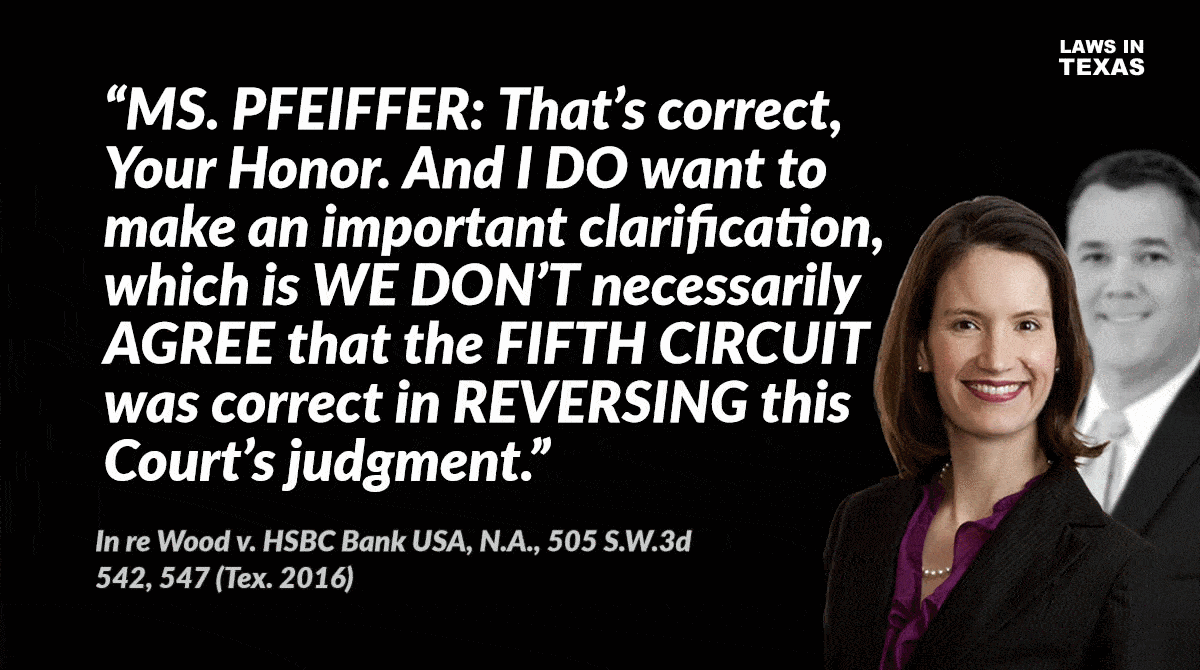
“An orderly proceeding wherein a person is served with notice, actual or constructive, and has an opportunity to be heard and to enforce and protect his rights before a court having power to hear and determine the case.
Kazubowski v. Kazubowski, 45 Ill.2d 405,259, N.E.2d 282, 290.” Black’s Law Dictionary, 6th Edition, page 500.
“Aside from all else, ‘due process’ means fundamental fairness and substantial justice.
Vaughn v. State, 3 Tenn.Crim.App. 54,456 S.W.2d 879, 883.” Black’s Law Dictionary, 6th Edition, page 500.
Owen v. City of Independence. “The innocent individual who is harmed by an abuse of governmental authority is assured that he will be compensated for his injury.”
*Ryan v. Commission on Judicial Performance, (1988) 45 Cal. 3d 518,533.
Before sending a person to jail for contempt or imposing a fine, judges are required to provide due process of law, including strict adherence to the procedural requirements contained in the Code of Civil Procedure. Ignorance of these procedures is not a mitigating but an aggravating factor.
Duncan v. Missouri, 152 U.S. 377,382 (1894). Due process oflaw and the equal protection of the laws are secured if the laws operate on all alike, and do not subject the individual to an arbitrary exercise of the powers of government.”
Giozza v. Tieman, 148 U.S. 657,662 (1893), Citations Omitted.
“Undoubtedly it (theFourteenth Amendment)-forbid my arbitrary deprivation of life, liberty or property, and secures equal protection to all under like circumstances in the enjoyment of their rights… It is enough that there is no discrimination in favor of one as against another of the same class. And due process of law within the
meaning of the [Fifth and Fourteenth] amendment is secured if the laws operate on all alike, and do not subject the individual to an arbitrary exercise of the powers of government.”
Truax v. Corrigan, 257 U.S. 312, 332.
“Our whole system oflaw is predicated on the general fundamental principle of equality of application for the law. ‘All men-are equal before the law,’ “This is a government oflaws and not of men,’ ‘No man is above the law,’ are all maxims showing the spirit in which legislatures, executives, and courts are expected to make, execute and apply laws. But the framers and adopters of the (Fourteenth) Amendment were not content to depend upon the spirit of equality which might not be insisted on by local public opinion. They therefore embodied that spirit in a specific guaranty.”
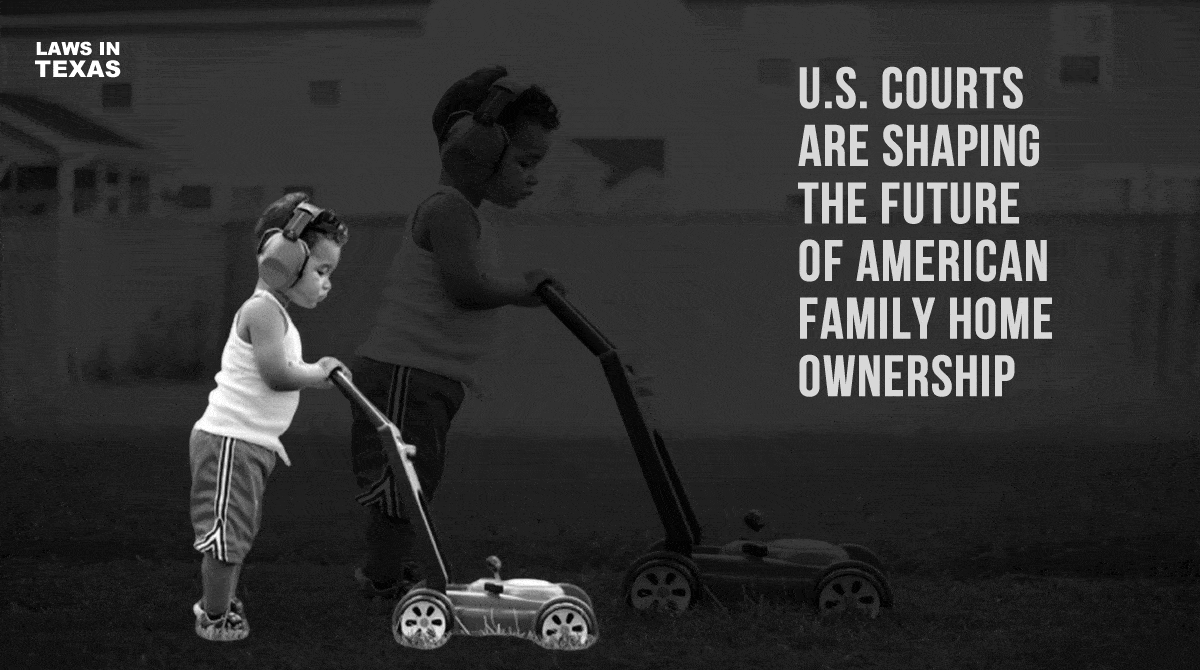
may be decisive to the outcome and accept the principle that the purpose of pleading is to facilitate a proper decision on the merits.”
The court also cited Rule 8(f) FRCP, which holds that all pleadings shall be construed to do substantial justice.
This is supported by Davis v. Wechler, 263 U.S. 22, 24; Stromberb v. California, 283
U.S. 359; NAACP v. Alabama, 375 U.S. 449:
“The assertion of federal rights, when plainly and reasonably made, are not to be defeated under the name of local practice.
Relief in this matter is possible in both declaratory and injunctive forms that are founded from a jury after the prepondence of the evidence.
The Plaintiff, in this matter, does pray the Court allow this matter to be heard and allow statutory and Constitutional provisions to be observed.
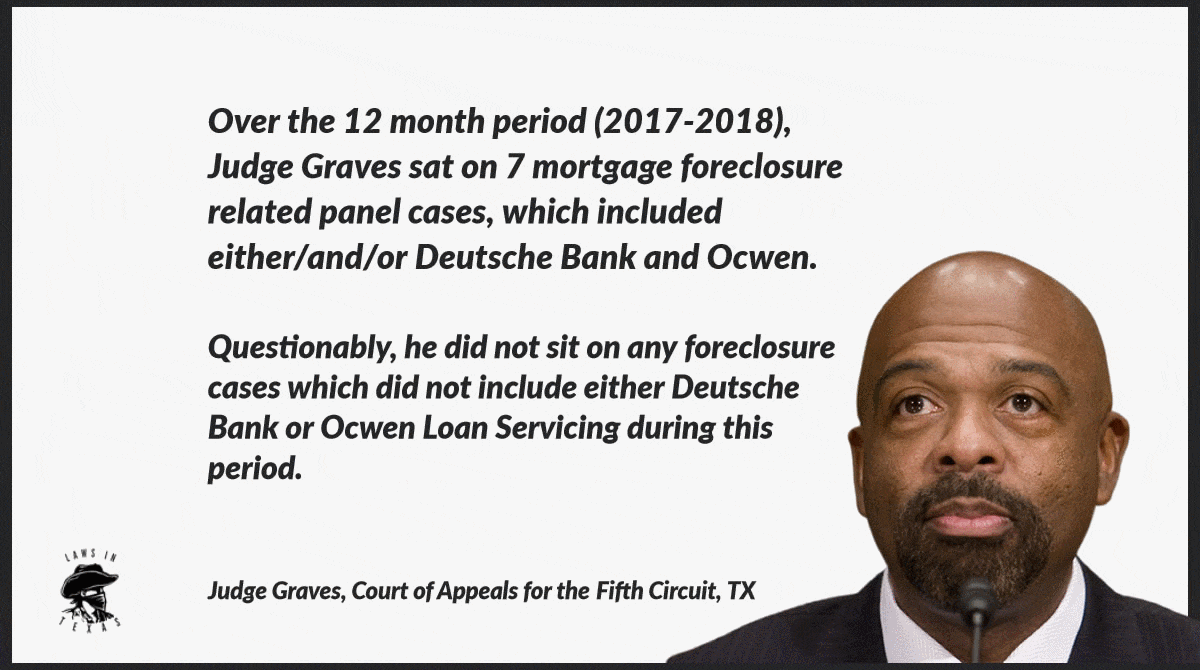
Wayne Smith
5723 Painted Trail Drive
Houston, Texas 77084
P.S. Addendum “A” Attached
If this case is appealed, proposed first page attached for your records and if appealed, I will furnish the Attorney General of the United States, William P. Barr, the Media and others with information and copies of this case (for their help and assistance).
Addendum “A”
UNITED STATES DISTRICT COURT OF APPEALS
Plaintiff
Wayne Smith, Prose
V.
Defendant
David Hittner, individually, and in his official capacity as United States District Court Judge, Southern District Of Texas, Houston Division ,
Docketing Statement
Appeal Numbers
Civil Case Number 19-CV-1888
The Plaintiff, Wayne Smith, without the benefit of counsel, enters a Petition under Rules 35 and 40 of the Federal Rules of Appellate Procedure for Rehearing En Banc.
The Panels decision conflicts with Constitutional Articles, Constitutional Amendments, and Federal Code of Civil Procedure .Further it addresses only a minor part of the suit and dismisses the entire suit without allowing evidence or even a brief to be entered in support of relief sought.
RULE OF LAW
1 Can a Judge disregard the Rule of Law and the Constitution, his Oath of Office and his Code of Conduct and be granted immunity by a paragraph in a U.S. Code that is subservient to, and therefore void, if it comes into conflict with the Constitution?
2 In the event that a Judge can be elevated above the law and somehow be granted immunity for actions well beyond his jurisdiction, can orders and judgments that violate statutory and Constitutional law be allowed to stand; including those installed to replace previous judgments without hearing?
3 Can federal Judges, in violation of Canon 3 A (4) of the Federal Code of Conduct, deny the full right to be heard according to law, including submittal of evidence?

















